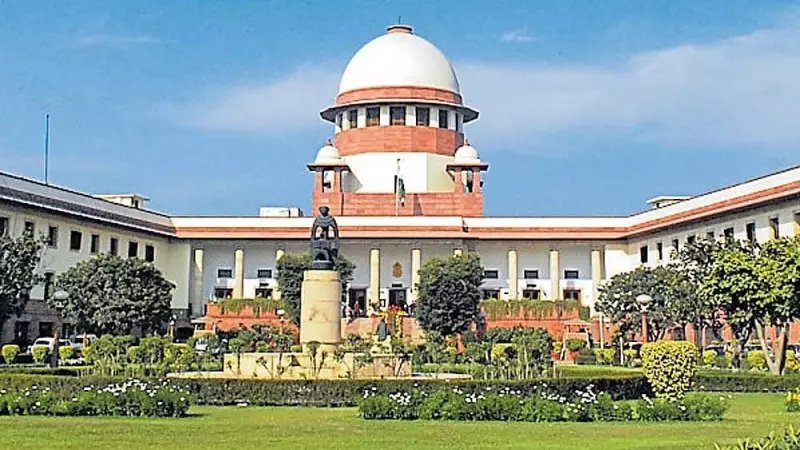
In a significant legal development that reshapes India's intellectual property landscape, the Supreme Court has delivered a landmark judgment with far-reaching implications for creators, businesses, and legal practitioners alike.
Beyond Private Battles: IP Rights Get Constitutional Backing
The apex court emphatically declared that intellectual property disputes cannot be confined to the private realm alone. This pivotal observation elevates IP rights from mere commercial concerns to matters of broader legal and constitutional significance.
The court's reasoning highlighted that intellectual property rights represent more than just business assets – they embody the fundamental right to property protected under Article 300-A of the Indian Constitution. This constitutional dimension transforms how IP disputes should be perceived and adjudicated within the Indian legal framework.
The Delay Defense: No Longer a Safe Harbor for Infringers
In what legal experts are calling a game-changing pronouncement, the Supreme Court dismantled the common defense strategy of citing delay in legal action. The bench categorically stated that "mere delay cannot negate or legalise infringement" of intellectual property rights.
This clarification strikes at the heart of a long-standing ambiguity in IP litigation, where infringers often relied on procedural delays to justify continued violation of rights. The court's position now establishes that the passage of time alone cannot sanctify what was originally an illegal act.
Practical Implications for Businesses and Creators
The judgment carries substantial practical consequences:
- Stronger protection for copyright and trademark holders against prolonged infringement
- Reduced leverage for infringers using delay tactics in legal proceedings
- Clearer legal pathways for addressing historical IP violations
- Enhanced confidence for investors in knowledge-based industries
Legal experts suggest this ruling will particularly benefit small businesses and individual creators who often lack the resources for immediate legal action against larger infringers.
A Progressive Step in India's IP Evolution
This judgment arrives at a crucial juncture when India is positioning itself as a global innovation hub. By strengthening the IP enforcement mechanism, the Supreme Court has sent a clear message about India's commitment to protecting intellectual capital.
The ruling aligns with the government's broader initiatives to foster innovation and creativity, ensuring that legal technicalities don't undermine substantive rights. It represents a mature evolution in India's approach to intellectual property jurisprudence, balancing rights protection with practical enforcement realities.
As India continues to emerge as a knowledge economy powerhouse, this landmark decision provides the judicial foundation for robust IP protection that encourages both domestic innovation and international confidence in India's legal system.





